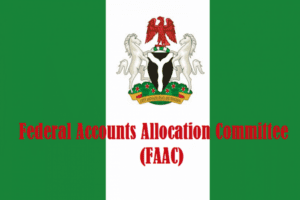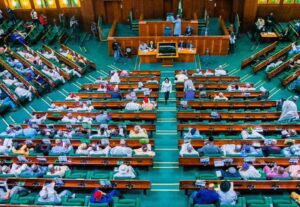Biofouling: Nigeria adopts IMO guidelines to preserve waterway
By Seun Ibiyemi
The Federal Government has adopted the International Maritime Organisation (IMO) guidelines to prevent the menace caused by ship biofouling in waterways.
The Director-General, the Nigerian Maritime Administration and Safety Agency (NIMASA), Dr Bashir Jamohl said this at NIMASA and the Maritime Technology Cooperation Centres (MTCC) Africa Biofouling Management Training on Monday in Lagos.
The training on transfer of enviromentally sound technologies (Test Biofouling) projects for partnering countries had the theme: ‘The Place of Technology in the Management of Marine Biofouling.’
Biofouling is the accumulation of microorganisms, plants, algae, or small animals on wet surfaces that have a mechanical function, causing structural or other functional deficiencies.
IMO guidelines for the control and management of ship’s biofouling is an international instrument aimed at addressing and maintaining the efficiency, safety and environmental sustainability of maritime operations as well as prevent the spread of invasive species in waterways.
According to Jamoh, biofouling poses a huge threat to Nigeria’s transition to the Blue Economy due to its environmental burdens.
He listed such burden as low productivity, biodiversity, lower resilience to climate change and economic burdens (financial loss due to low productivity), huge prevention and control cost, among others.
Jamoh added that biofouling increases the hydrodynamic drag of ships which results in increased fuel consumption, reduced speed and maneuverability.
“Shipping is at the crux of global trading and the economy with about 90 per cent of world trade and commerce is facilitated through shipping.
“Studies, however, revealed that ships serve as channel for transportation of harmful non-indigenous Invasive Aquatic Species (IAS).
“These organisms attached themselves to the outer surface and niche areas of a ship, and then translocated from one ecoregion to another.
“The process by which these organisms attached themselves to the ship and other surfaces is referred to as biofouling,” he said.
Nigeria had contributed significantly to IMO’s previous policies.
Matheickal also urged Nigeria to follow suit with biofouling guidelines.
“The event is very meaningful and serves as a platform for information sharing and there is the need for collaboration and coordination from stakeholders,” he said.
Commenting, Ms Funmi Folorunso, the President, African Shipowners Association, urged all the stakeholders to take biofouling very serious.
Folorunso noted that biofouling works against shipowners that fly African flags, stressing that the outcome of the meeting would centre on ways to mitigate its effect.
The Deputy Director, Marine Environment Management Department, NIMASA and MTCC Africa Focal Point, Dr Oma Ofodile urged all participants not to be left behind on the IMO call for zero emissions by 2050.
“NIMASA has done a lot to reduce emissions and the training is one of the ways to close the gap of emission from vessels,” Ofodile said.




